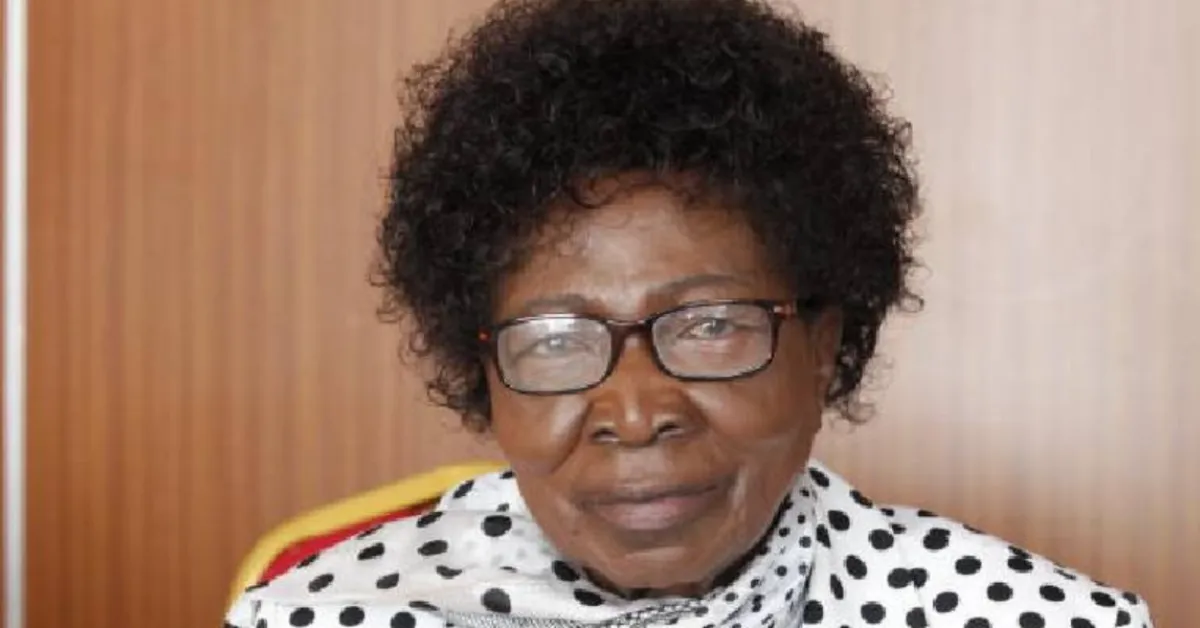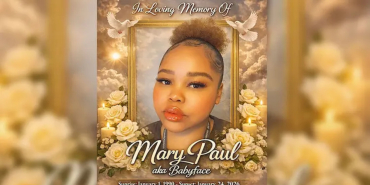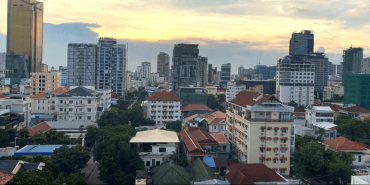Women’s Rights Icon Phoebe Asiyo Dies at 90 in North Carolina

Phoebe Muga Asiyo, a revered figure in Kenyan politics and a champion of women’s rights, has died in North Carolina, United States, at the age of 90.
Her family has confirmed her passing, marking the end of an era for a woman who dedicated her life to dismantling patriarchal norms and advocating for gender equality in Kenya. Asiyo's career, characterised by activism and public service, saw her break down barriers in a political landscape where women's voices were historically marginalised. She first rose to prominence in the 1950s, becoming the first African president of Maendeleo Ya Wanawake Organisation (MYWO), Kenya’s leading women’s movement.
Elected in 1958, Asiyo transformed MYWO from a collective focused on domestic skills to a powerful force for economic empowerment and political representation. This pivotal role established her as a pioneer of women's leadership on the African continent. Despite initially training as a teacher, Asiyo answered a calling to public life, influenced by community elders and with the support of political figure Jaramogi Oginga Odinga. This led to her entry into elective politics, and she was twice elected as the Member of Parliament for Karachuonyo Constituency, in 1982 and 1992.
During her time in Parliament, she distinguished herself through legislative initiatives designed to secure rights for marginalised women and challenge deeply entrenched patriarchal structures. One of Asiyo’s most notable endeavours was her 1997 motion on affirmative action in the seventh Parliament. Though ultimately defeated, the motion proposed significant reforms, including financial support for female political aspirants, protection for women facing domestic violence or property disinheritance, and improved access to health services in underprivileged areas.
The motion aimed to redress systemic gender imbalances in education, political participation, and social welfare. Furthermore, it addressed cultural practices harmful to women, such as child marriage and female genital mutilation. Asiyo's contribution to the formulation of the two-thirds gender principle, which is now a cornerstone of inclusion in Kenya’s Constitution, stands as a testament to her enduring legacy. While she did not witness its full implementation during her lifetime, her work laid the legislative groundwork for ongoing advocacy surrounding proportional representation and institutional reform.
Kenya continues to grapple with implementing the constitutional provision that no more than two-thirds of any elective or appointive body shall be of the same gender, highlighting the ongoing relevance of her foundational work. In her memoir, It Is Possible: An African Woman Speaks, Asiyo candidly reflects on the frustrations endured by generations of women due to the inertia of successive administrations. She offers insights into the social and political resistance she encountered, including opposition from colonial-era colleagues who questioned her abilities based on race and gender.
Despite these challenges, she persisted, grounding her activism in grassroots mobilisation and building alliances across Kenya’s diverse regions. A symbolic moment in Asiyo's career occurred in 1960, when she and Priscilla Abwao led a delegation of women to visit Mzee Jomo Kenyatta and other detained freedom fighters in Kapenguria. This act demonstrated Asiyo’s vision of women as active participants in nation-building, but also as key figures in the struggle for liberation and unity. Beyond her parliamentary work, Asiyo advocated for policies that recognised the socioeconomic realities of Kenyan women.
She pushed for lower admission scores for girls in arid and semi-arid regions, acknowledging the compounded disadvantage of geographic isolation and gender discrimination. She also called for the reserving of places in national schools for children from public institutions, promoting equitable access to quality education.
Asiyo's influence extended into her family life and spiritual circles. Married to Richard Asiyo, she raised five children while maintaining a demanding public profile.
Her career began as a teacher before she became a social worker with Nairobi Municipal Council. This grounding in community work shaped her approach to leadership, prioritising dignity, inclusion, and practical support. Funeral arrangements and memorial services are yet to be announced. Tributes continue to be shared by political leaders, civil society organisations, and ordinary citizens.














Add new comment